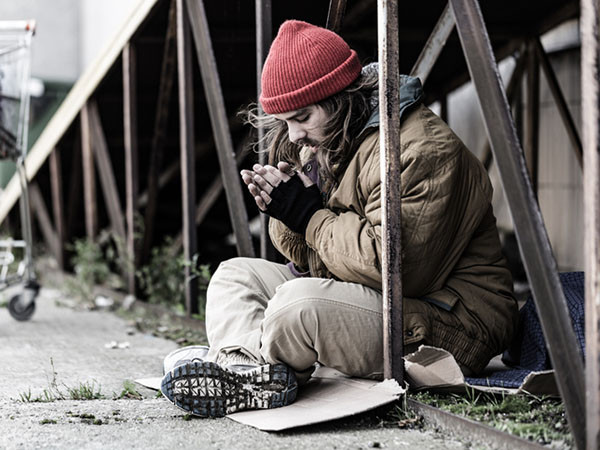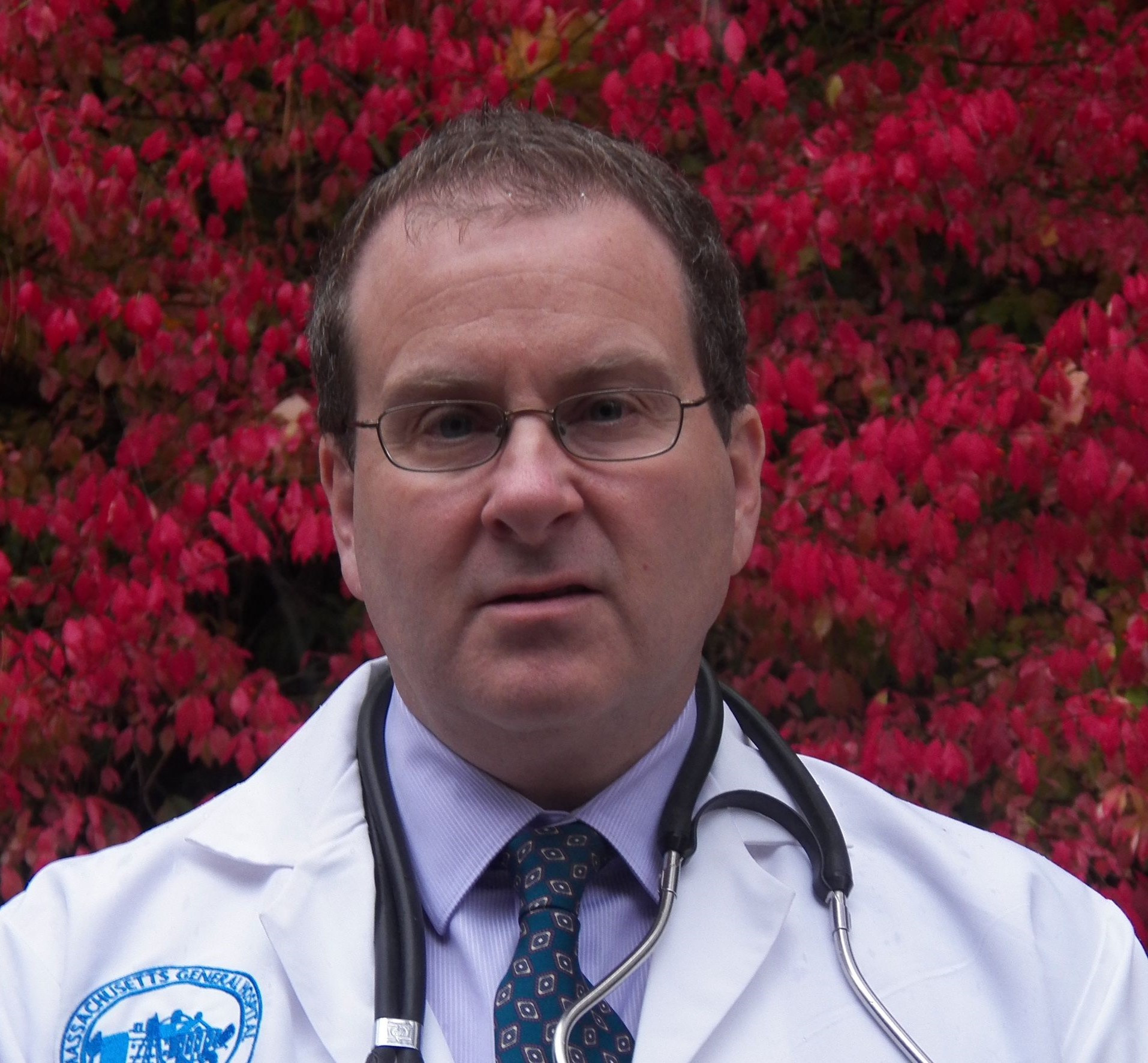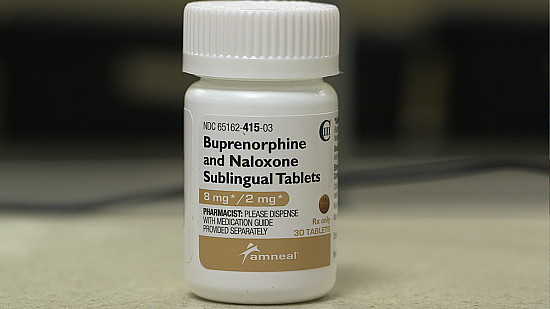Poverty, homelessness, and social stigma make addiction more deadly

A common saying is that "addiction doesn't discriminate," which means that it can affect anyone from any sphere of life, ranging from coal miners and truck drivers to executives, doctors, and lawyers. I have personal experience with what an equal-opportunity destroyer of well-being and happiness addiction can be, as I am 14 years into recovery from a vicious addiction to prescription painkillers. My addiction didn't care about my education, medical degree, race, gender, religion (or lack thereof), social status, or health.
Social determinants of health and addiction
But in another, critical sense, addiction does discriminate among people, in a way that is unjust and deadly, and in a way that shines a spotlight on tears in the socioeconomic web that is holding our society together. It has long been observed by clinicians that social determinants of health (SDoH) can tip the scales against people, in their already daunting quest to recover from any type of addiction. According to the World Health Organization, SDoH are defined as "the conditions in which people are born, grow, live, work, and age. These circumstances are shaped by the distribution of money, power, and resources at global, national, and local levels."
The profound effect that SDoH have on people struggling with addictions is borne out by the evidence. In a 2019 study from Drug and Alcohol Dependence it was found that "across 17 states in 2002–2014, opioid overdoses were concentrated in more economically disadvantaged zip codes, indicated by higher rates of poverty and unemployment as well as lower education and median household income." Other studies have found poverty to be a risk factor for opioid overdoses, unemployment to be a risk factor for fatal heroin overdoses, and a low education level to be a risk factor for prescription overdose, and for overdose mortality. Homelessness has been shown to be associated with overdoses as well, particularly among veterans. Terrible outcomes are associated with incarceration, particularly the period just after release from incarceration, when deaths from overdoses skyrocket. Systemic racism contributes to all of these issues.
The research on SDoH mirrors what I see clinically, in the inner-city clinic where I practice as a primary care clinician. A patient can be stable for years on buprenorphine or methadone (medications to manage cravings and help with recovery), but if they abruptly lose their housing due to no fault of their own, they can lose access to the organization and security in their lives. It becomes far more difficult for them to care for their families, to attend medical appointments or support groups, to fill prescriptions, or to practice any of the self-care that is so integral to maintaining oneself in recovery. As such, they become much more vulnerable to relapse.
Stigma plays a role in addiction
Stigma is defined as "a mark of disgrace associated with a certain quality, circumstance, or person." The poor regard with which so many people have viewed for so long those who have suffered from addiction, and the fact that we have criminalized drug usage in our increasingly unpopular war on drugs, have contributed to a "punish, don't treat" attitude. Fortunately, this destructive attitude has recently been evolving, as more people have come to understand that addiction is, at least in part, a brain disease, and that it isn't a moral failing on the part of the individual. However, a great deal of stigma remains, and provides an extra barrier to people asking for the help they need, as they suffer from unnecessary guilt and shame. Many healthcare providers don't want to deal with people suffering from addiction due to stigma. In short, stigma can lead to unnecessary suffering and more overdose deaths.
SDoH are significant factors contributing to addiction, but not the only factors
In the end, with my addiction, I was lucky enough to see it through to the other side. I'll never know to what extent this was due to my own internal resilience, my family support, resources from work and support from colleagues, genetics, luck, or if it largely came down to my favorable SDoH putting a helpful finger on the scales. Certainly not all doctors make it — several of my colleagues have overdosed and are no longer with us. At the same time, many seemingly down-and-out patients that I've treated in the past are leading healthy, stable lives in recovery, so SDoH aren't everything.
But clearly, SDoH play a tremendous role in framing the odds of whether people are able to treat and survive their addictions. As a society, and as clinicians, we have to go far beyond simply viewing the drugs as the problem. In order to give everyone suffering from addiction the best chance possible to enter and stay in recovery, we urgently need to start paying attention to the broader issues that allow addiction to fester, such as housing, employment, poverty, systemic racism, and the effects of incarceration (to name only a few). By strengthening society's safety net, so that we all have access to the basic human rights of food, shelter, and healthcare, we not only help those suffering from addiction, we help everyone else too.
About the Author

Peter Grinspoon, MD, Contributor; Editorial Advisory Board Member, Harvard Health Publishing
Disclaimer:
As a service to our readers, Harvard Health Publishing provides access to our library of archived content. Please note the date of last review or update on all articles.
No content on this site, regardless of date, should ever be used as a substitute for direct medical advice from your doctor or other qualified clinician.
















